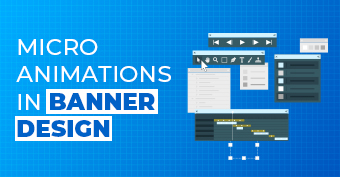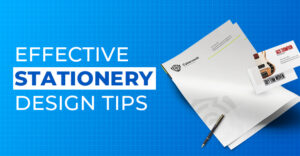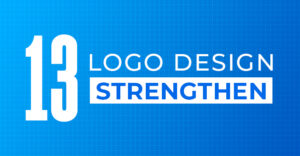In graphic design, stagnant drawings can be given life by subtly including movements. Banner designs can be improved by adding micro-animations, which are short, snappy animations that provide interest and visual appeal. Here’s how to make good use of them.
How Do Micro-Animations Occur?
Small-scale animations called micro-animations provide your design with more dynamic components. Hover effects, animated icons, and moving text are a few examples. These are understated yet effective strategies that can greatly increase the banners’ visual impact.
The Advantages of Adding Micro-Animations to Banners
Your banners will look more polished and contemporary with the addition of micro-animations. These minute movements have the power to draw the eye of the spectator and distinguish your design.
Highlight Important Details
Important components like text, icons, or call-to-action buttons can be highlighted with well-placed animations, drawing the viewer’s attention in the direction you desire.
Boost User Communication
Users can interact with your design more actively and enjoyably by clicking on animations and hover effects, among other interactive components.
Give advice and comments
Animations can improve usability and assist users in understanding what they’re doing by providing visual feedback, like a button that changes color when clicked.
The Best Ways to Put Micro-Animations into Practice
Remain Subdued
Animations ought to complement the design rather than overpower it. They ought to improve the visual experience without drawing attention away from the primary message.
Make Sure Everything Transitions Well
The viewer is given a seamless experience with fluid and smooth animations. Choppy or abrupt movements can detract from the design’s efficacy and be distracting.
Refrain from Overloading
Even though they can be useful, too many micro-animations can overpower the viewer and clog up your design. Use them sparingly to keep your appearance refined and tidy.
Retain Uniformity
Make sure the animations complement the overall style and design language of your business. Building a unified and recognizable brand image is facilitated by consistency.
Technical Points to Remember
Resources to Produce Micro-Animations
- JavaScript and CSS are perfect for making basic web animations.
- After Effects: Good for animations that are more intricate and detailed.
- SVG Animations: Offer scalable, beautiful animations that work well on a wide range of screen sizes.
Make Sure It’s Compatible
To make sure your animations function properly across a variety of displays and browsers, test them on a range of platforms and devices.
Aim for Performance Optimization
Make sure your animation files are optimized to load rapidly and don’t interfere with the user experience. This involves employing effective coding strategies and file compression.
Instances and Motivation
Examine effective banner designs that make good use of micro-animations. Examine their mechanisms of operation and how the animations enhance the overall design.
Visual Instances
When creating your ideas, use illustrations of successful micro-animations as inspiration. Dissect the components and methods employed to demonstrate how they improve the overall impact on the eye.
In summary
In graphic design, micro-animations are an effective tool that may change boring banners into visually captivating and dynamic images. It is possible to produce eye-catching banner designs that draw attention and improve user experience by adhering to best practices and making sure of technical optimization. Try out several micro-animations to improve your visual projects and discover the ideal balance for your designs.



